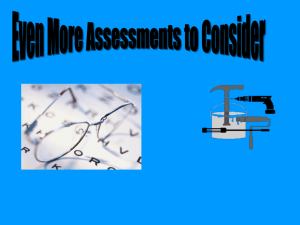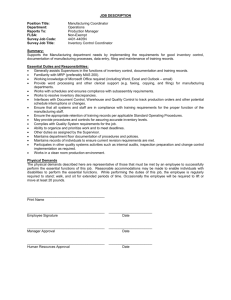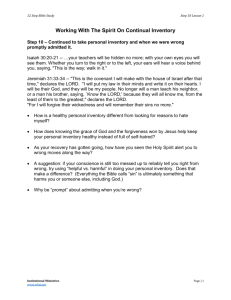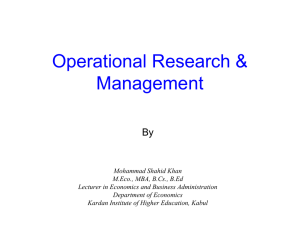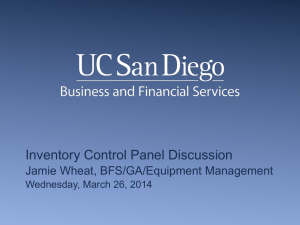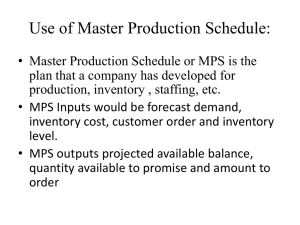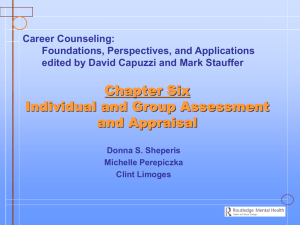Secondary Transition Resources
advertisement
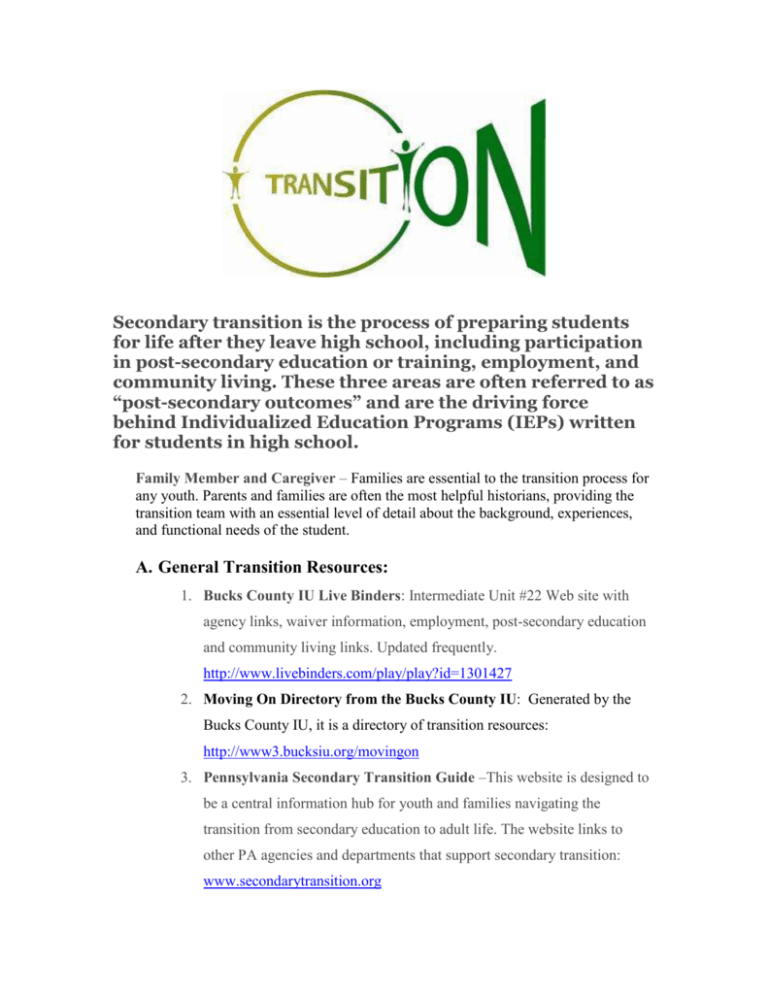
Secondary transition is the process of preparing students for life after they leave high school, including participation in post-secondary education or training, employment, and community living. These three areas are often referred to as “post-secondary outcomes” and are the driving force behind Individualized Education Programs (IEPs) written for students in high school. Family Member and Caregiver – Families are essential to the transition process for any youth. Parents and families are often the most helpful historians, providing the transition team with an essential level of detail about the background, experiences, and functional needs of the student. A. General Transition Resources: 1. Bucks County IU Live Binders: Intermediate Unit #22 Web site with agency links, waiver information, employment, post-secondary education and community living links. Updated frequently. http://www.livebinders.com/play/play?id=1301427 2. Moving On Directory from the Bucks County IU: Generated by the Bucks County IU, it is a directory of transition resources: http://www3.bucksiu.org/movingon 3. Pennsylvania Secondary Transition Guide –This website is designed to be a central information hub for youth and families navigating the transition from secondary education to adult life. The website links to other PA agencies and departments that support secondary transition: www.secondarytransition.org 4. Assistive Technology: AssistTech fResources 4-8-2013.docx 5. Selective Service: The law requires all male U.S citizens and male immigrants living in the U.S. to register within 30 days of their 18th birthday. For more information or to register go to http://www.sss.gov 6. Social Security: To find out if your child qualifies to receive social security disability benefits and information on how to apply, go to http://www.sssa.gov 7. Voter Registration : http://www.votes.pa.com 8. AGENCY Supports : http://www.livebinders.com/play/play?id=1301427#anchor 9. Waiver Information: http://www.livebinders.com/play/play?id=1301427#anchor 10. Career Cruising – Utilized school web site to develop electronic portfolio with resume, career plans, career assessments and more. https://www2.careercruising.com/main B. Employment/Career Training/Military 1. Pennsylvania Career Guide: offers a way to investigate over 200 occupations. The guide has information about job skills, future job outlooks, average earning and more. The state publication is a resource to help you choose a career path that is right for you. http://www.dli.state.pa.us 2. U.S. Military: http://www.military.com/ 3. PA. Military site: http://www.dmva.state.pa.us/portal/server.pt/community/dmva_home/590 4. ASFAB - http://www.military.com/join-armed-forces/asvab 5. Career One Stop: http://www.careeronestop.org/reemployment/ C. Post-Secondary Education: 1. Think College: College Options for People With Intellectual Disabilities http://www.thinkcollege.net/ 2. Colleges with programs for Students with Disabilities: a. Learning Disabilities: Colleges with Programs for Spec Needs Students.docx http://www.collegescholarships.com/learning_disabilities.htm b. Autism: http://www.larsperner.com/autism/colleges.htm c. Intellectual Disability: ID - Post Sec Ed Oppor Resources 5-2012 .docx 3. College Life – find out what to expect when living at college with a disability. For video clips, activities, information and resources to help students get a head start in planning for college: http://www.going-to-college.org/ 4. Financial Aid: To learn more about financial aid and to complete the FAFSA form online, go to : http://www.pheaa.org/ 5. Fastweb: a tool to help students find financial aid and scholarships for college (you must set up an account): http://www.fastweb.com/ D. Independent Living: 1. Transition Healthcare Checklist : transition healthcare checklist[1][2].pdf 2. This link provides interactive lessons to experience daily challenges without real-world consequences: http://www.gcflearnfree.org/everydaylife 3. Recreation and Leisure Guides and toolkits: http://www.secondarytransition.org/topic/recreation 4. Transition Considerations: Transition Considerations.pdf. For Educators – Below are the formal assessments for each grade level, surveys utilized by the district and informal assessments for the major transition domains to assist goal development. Formal assessments: 1. 7-8th grade assessment: Career and Life Explorer 2. 9th grade formal assessment: Career Exploration Inventory 3. 10th grade formal assessment: Work Motivation Scale 4. 11th grade formal assessment :O*NET – Career Interests Inventory 5. 12th grade formal assessment: Transition to Work Inventory 6. New student formal assessment: Career Exploration Inventory (EZ form) Informal Assessments 1. Parent Questionnaires: a. Life skills Parent/Guardian Survey (all grades) :Lifeskills parent survey- 2014.doc b. Learning Support, Emotional Support and Autistic Support Parent/Guardian Survey 2. Student Future Planning Inventory: a. Middle School Inventory: FUTURE PLANNING INVENTORYMIDDLE SCHOOL (1).doc b. 9th grade Future Planning Inventory: 9th grade future planning inventory.docx c. Life Skills Student Inventory: Lifeskills student survey.doc2013.doc d. Learning support student Inventory: Learning Support Questionnaire.doc 2014-2015.doc Helpful Websites: 1. National Secondary Transition Technical Assistance Center – Assessments and tool kits http://nsttac.org/ 2. ODEP – Office of Disability Employment Policy: http://www.dol.gov/odep/ 3. PaTTAN/Pa. Department of Education Secondary Transition page: http://www.pattan.net/category/Educational%20Initiatives/Secondary%20Transition 4. A.J Drexel Autism Institute: http://drexel.edu/autisminstitute/education- training/community-training/ 5. PA. Department of Education Career Education and Work (CEW) Standards Toolkit: http://www.pacareerstandards.com/ 6. Print out of Transition Related websites: Transition Related Websites 2013.doc


